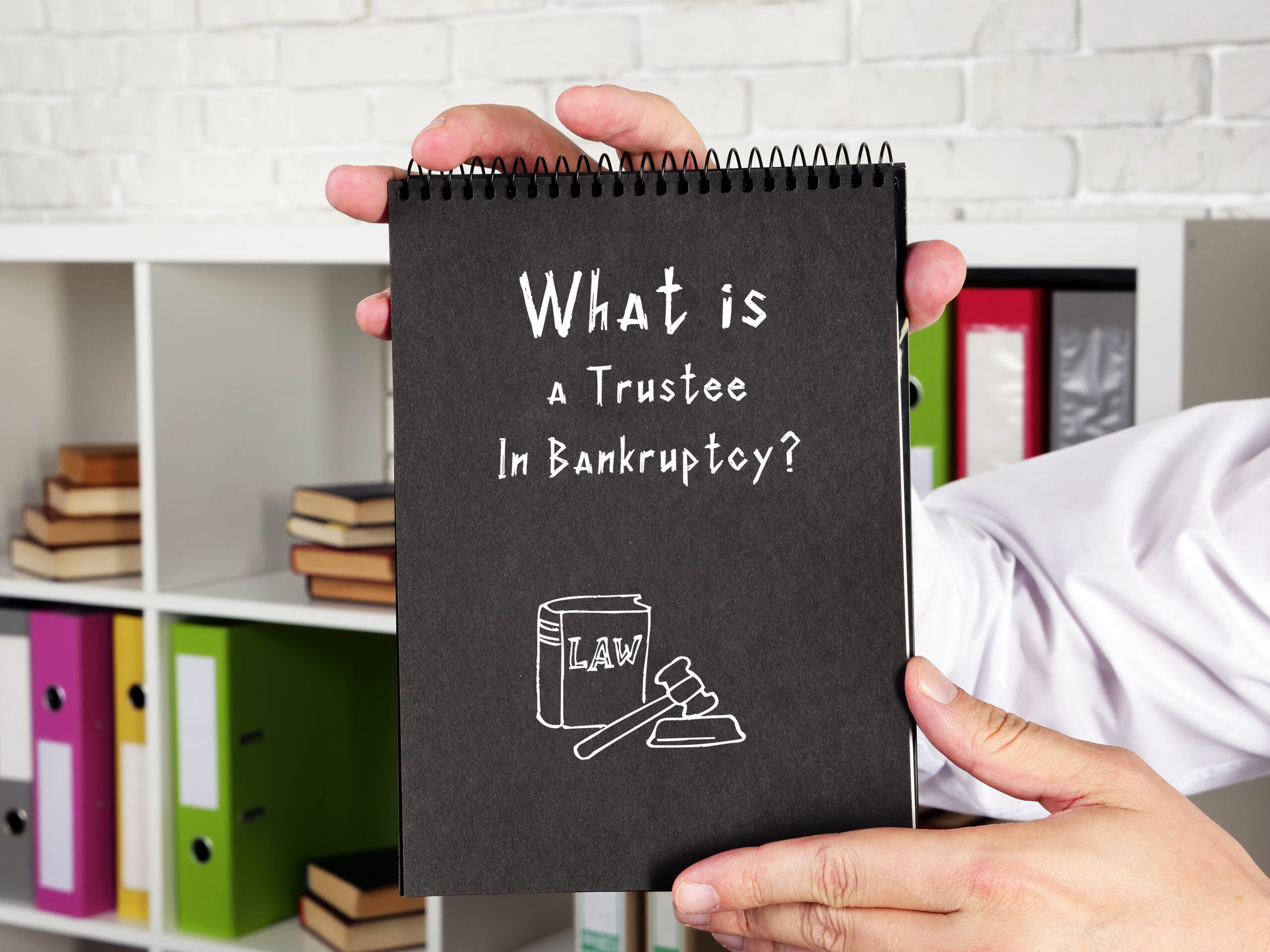Blog > 2022 > March > Who Is a Bankruptcy Trustee?
Who Is a Bankruptcy Trustee?
March 25, 2022
Soon after you file for Chapter 7 or Chapter 13 bankruptcy, the bankruptcy court will send you a notice with the name and contact information of the bankruptcy trustee that has been appointed to oversee your case.
No matter which chapter you filed under, the trustee begins the process by reviewing your petition and all accompanying documents to be sure the information you provided is accurate and complete. If information is missing, like tax returns or pay stubs, the trustee will notify you and give you a deadline by which you must submit the missing materials.
The trustee is not on your side. The trustee’s job is to make sure your creditors are treated fairly in your Chapter 7 or Chapter 13 bankruptcy.
Trustee’s Role in a Chapter 7 Bankruptcy
The trustee’s job is to make sure you do not have any assets that can be sold that will generate some funds to pay your creditors. Some ways the trustee does this include:
- Verifying your income. If you say you earn $3,000 a month, the trustee will add your pay stubs to be sure this is accurate.
- Checking to see if you made any preferential payments to any creditors prior to filing your petition.
- Reviewing your list of asses to determine what can be sold and what are exempt from being sold according to state and federal bankruptcy law.
- Conducting a meeting of your creditors where you answer, under oath, questions from the creditors, if any are in attendance, and questions from the trustee.
- Issuing a notice of discharge and filing a report with the court.
The bankruptcy court will sign a Final Decree and you will no longer owe debts that are dischargeable under bankruptcy law.
Trustee’s Role in Chapter 13 Bankruptcy
A Chapter 13 trustee has many statutory duties beginning with analyzing your petition and all accompanying documents, such as tax returns, pay stubs, and bank statements to verify the accuracy of your income and debts. The trustee then:
- Analyzes your proposed repayment plan to see if it is reasonable.
- Determines if your income is sufficient to cover your current living expenses and the amount of your proposed repayment plan.
- Holds a meeting of creditors where the creditors and trustee can ask you questions which you answer under oath.
- Attend a confirmation hearing in front of a bankruptcy court judge who will confirm your repayment plan.
- Receive your monthly payment for three to five years, depending on the terms of your repayment plan, and pay the creditors according to the terms of your confirmed repayment plan.
To find out if Chapter 7 or Chapter 13 bankruptcy will help you, contact us at SM Law Group, APC. We offer a free consultation and help you discover ways in which you can find relief from your debt and have a fresh financial start. You may also reach us at (818) 855-5950.

